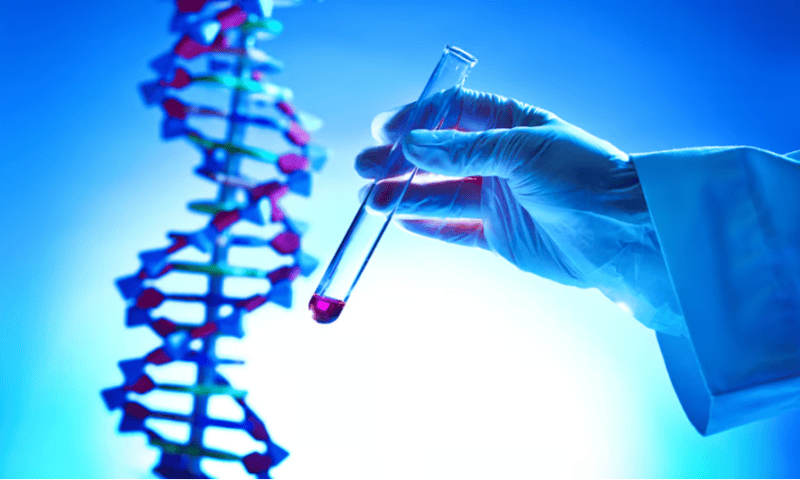Patients with the inflammatory disorder hereditary angioedema who took Intellia Therapeutics’ CRISPR medicine have been attack free for a year or more after receiving just one dose.
The gene editing company has provided a bit more data on NTLA-2002, its second candidate to enter the clinic, providing a look at durability a year or more out from treatment in a presentation at the European Academy of Allergy and Clinical Immunology Hybrid Congress in Germany this weekend. NTLA-2002 is being tested in a phase 1/2 trial of patients with type I or II HAE, which is a rare inherited disorder that causes rapid swelling all over the body.
Intellia is presenting NTLA-2002 as a “functional cure” for the disorder and the latest updated interim results add more weight to the question of how long the single-dose treatment lasts.
Across the 10 patients in the study, a single dose led to a 95% mean reduction in monthly attack rate through the latest follow up, which had a February 17 cut off.
The study is looking at the safety, tolerability and pharmacokinetics of NTLA-2002. One measure is levels of plasma kallikrein protein, which is a serine protease known to be involved in many processes in the body, including blood coagulation and the classical complement pathway. Approved medicines for HAE inhibit this mechanism to try to address attacks as they happen or prevent them.
All patients who received a greater than 60% reduction of plasma kallikrein, which is nine of the patients, have remained attack-free following the 16-week observation period and through the latest follow up. Intellia said that the longest attack-free span observed so far is 13 months.
The single patient that did not achieve the 60% plasma kallikrein reduction, who received the lowest study dose, experienced a mild HAE attack with minor swelling in the hand following a sports injury. But that was after more than a year without an attack. The event did not require any medical intervention and the patient has not had an attack since.
“We are thrilled to see that the earliest-dosed patients are attack free for approximately a year or longer, with NTLA-2002 demonstrating a very favorable safety profile,” CEO John Leonard said in a statement. “These remarkable attack rate reductions have been consistent, even in patients with the most severe symptoms.”
Three of the patients who had the highest rate of attacks per month—one experiencing up to 16 or more—all became attack-free by the end of the 16-week primary observation period, and are still without attacks through the February cut off. The longest duration without an attack in this group is currently 11.5 months and counting.
Safety was consistent with earlier data drops, with only grade 1 events such as infusion-related reactions and fatigue.
Intellia is hoping that the CRISPR therapeutic, which is designed to inactivate the kallikrein B1 (KLKB1) gene, will be a one-and-done therapy for the disease.
Dosing has kicked off for the phase 2 portion of the study already, with completion of enrollment expected in the second half. The company previously reported plasma kallikrein reduction numbers, showing that NTLA-2002 reduced the biomarker and that patients were attack-free up to 10.6 months after receiving the therapy.

